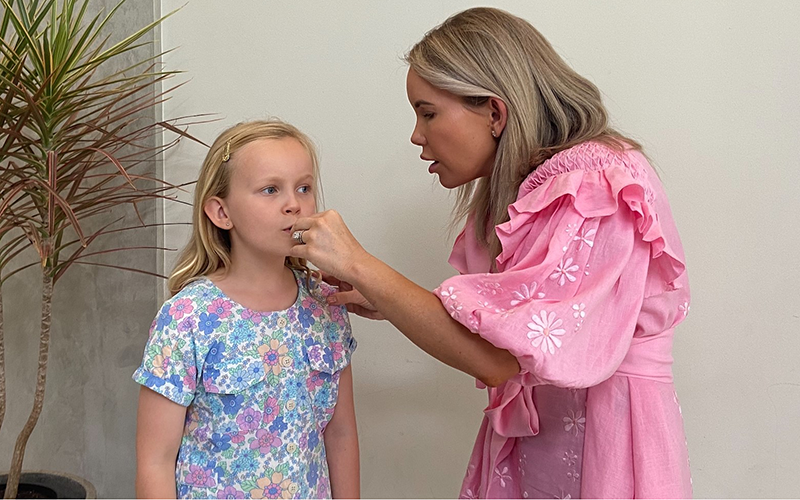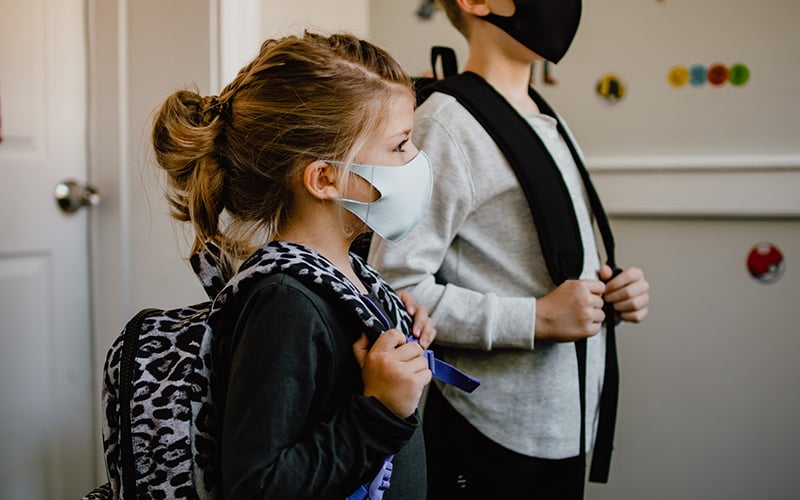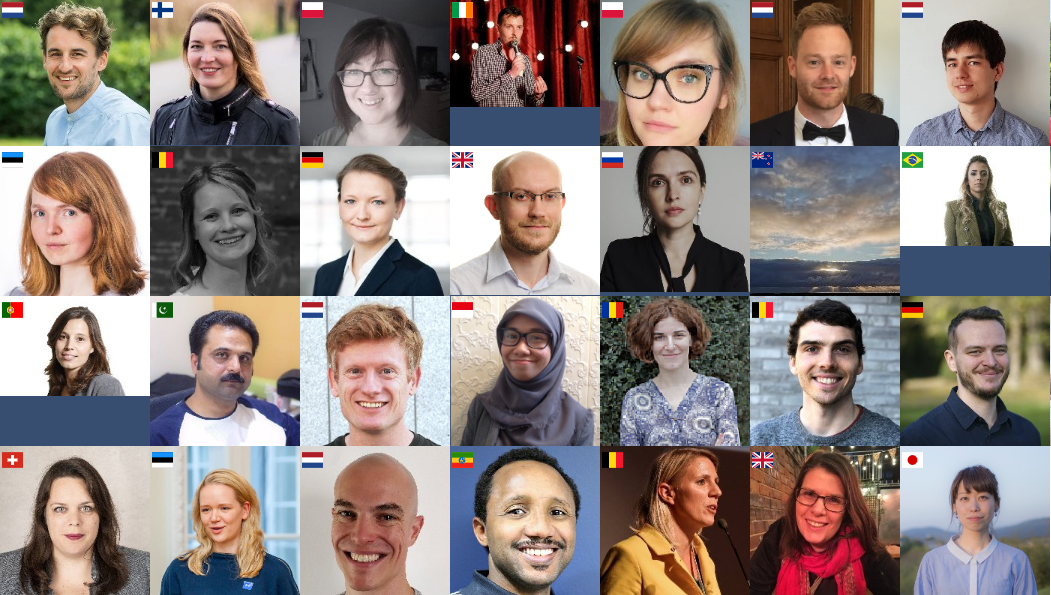Search
Both vector and mRNA vaccines were an important part of the response to the COVID-19 pandemic and may be required in future outbreaks and pandemics. The aim of this study was to validate whether immunogenicity differs for adenoviral vectored (AdV) versus mRNA vaccines against SARS-CoV-2, and to investigate how anti-vector immunity and B cell dynamics modulate immunogenicity.
In Western Australia, community pharmacists are authorized to administer a range of vaccines without a prescription. Since mid-July 2021, pharmacists can also administer Coronavirus Disease 2019 (COVID-19) vaccines. Little is known about how pharmacists think and feel about giving and receiving COVID-19 vaccines and how they discuss it with patients.
Multiple SARS-CoV-2 variants have emerged over the COVID-19 pandemic. The implications for COVID-19 severity in children worldwide are unclear. The objective was to determine whether the dominant circulating SARS-CoV-2 variants of concern (VOCs) were associated with differences in COVID-19 severity among hospitalized children.
Australian children and adolescents were among the last local cohorts offered COVID-19 vaccines. Despite promising initial uptake, coverage subsequently plateaued, requiring further efforts to improve access and build parents’ recognition of the importance of COVID-19 vaccination.

Sophisticated modelling produced is predicting a steady decline in COVID-19 cases in WA throughout August, but hospitalisation rates will remain relatively high.

Researchers will be asking random households across metropolitan Perth to undertake COVID tests to reveal how much undetected infection is in the community.

West Australian children as young as Year 3 are now turning up to school in masks, presenting a new challenge for kids, parents and schools.

WA parents and carers can have confidence in sending their children back to school on January 31 with the measures outlined in today’s Safe Return to School Plan.

The DETECT Schools program is underway, with swabs taken at 13 of the participating schools across Western Australia. No asymptomatic COVID-19 has been detected to date.

The Kids Research Institute Australia researchers have collaborated with global experts to launch an online tool designed to assess the risk of contracting COVID-19 and provide advice to reduce transmission.
